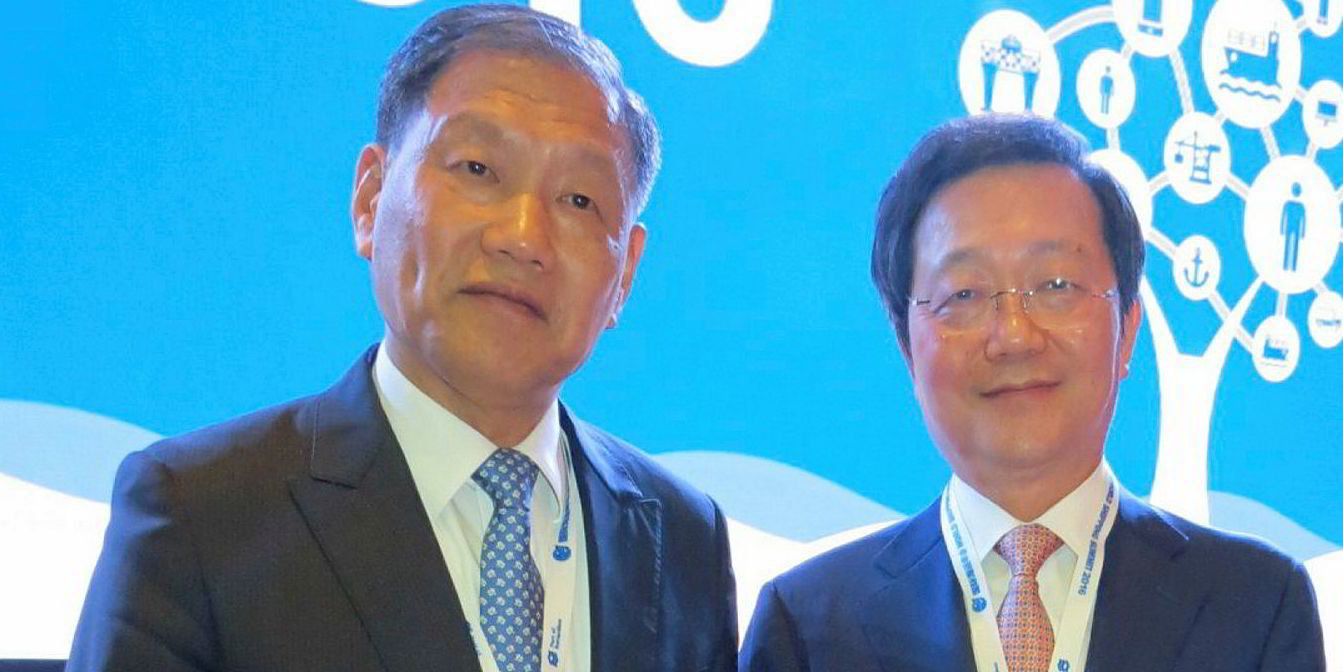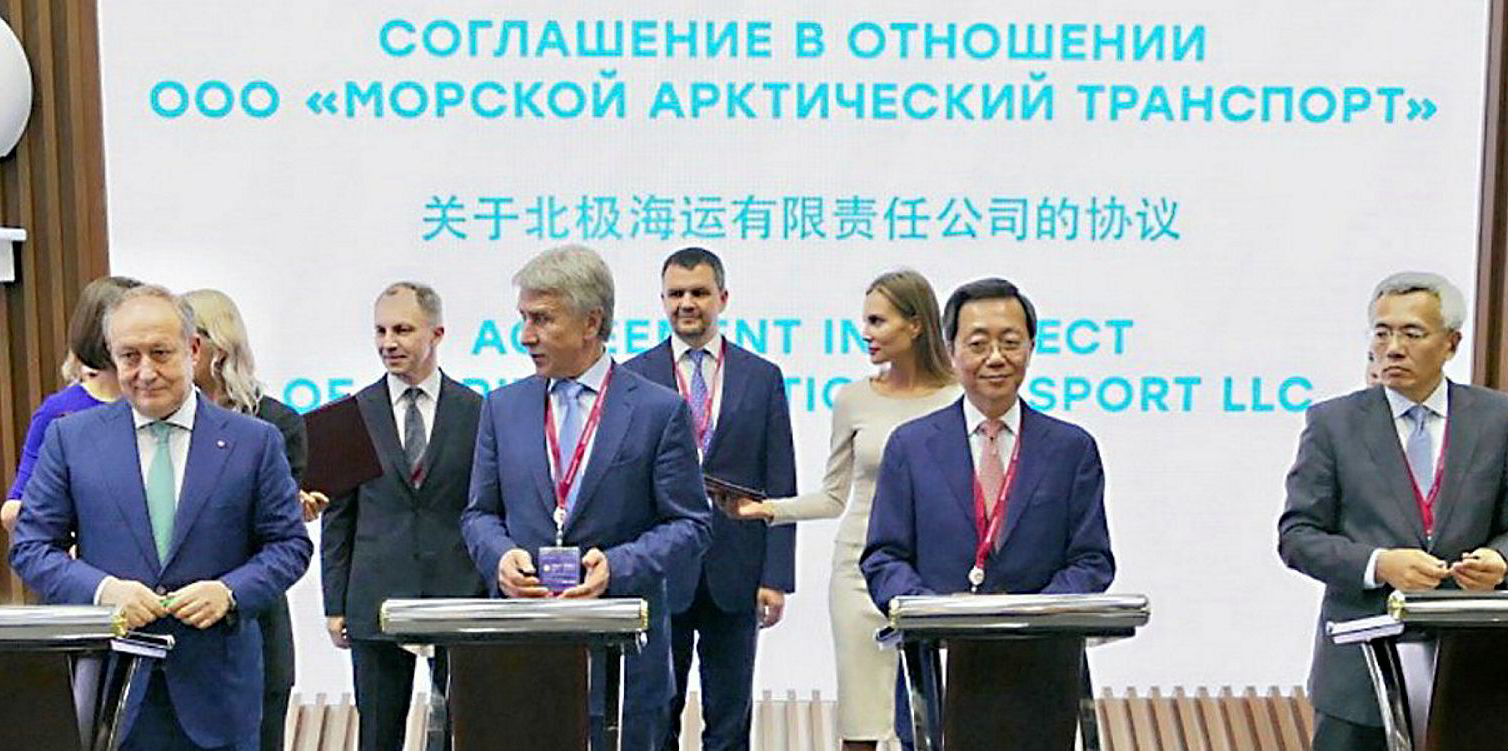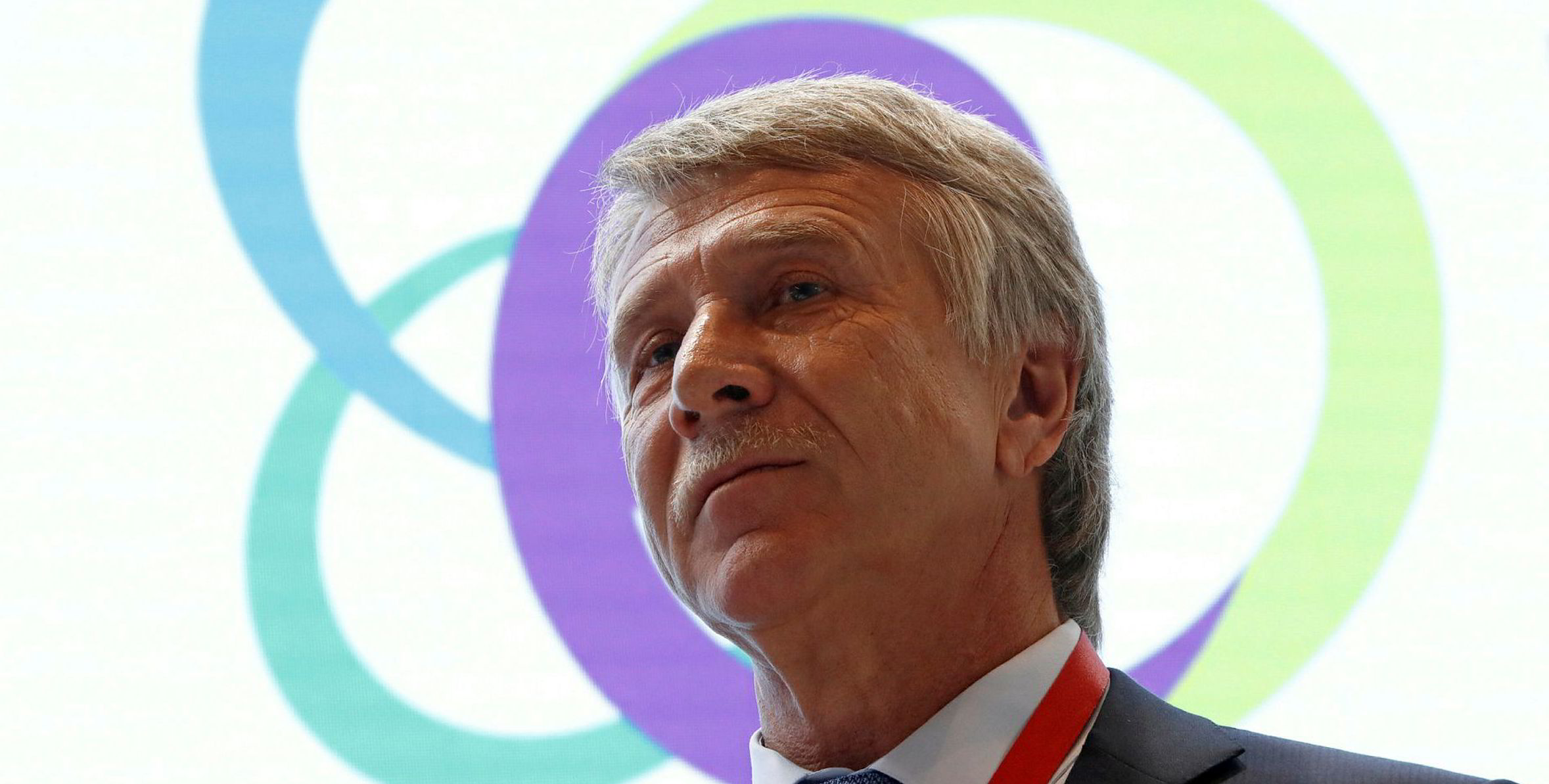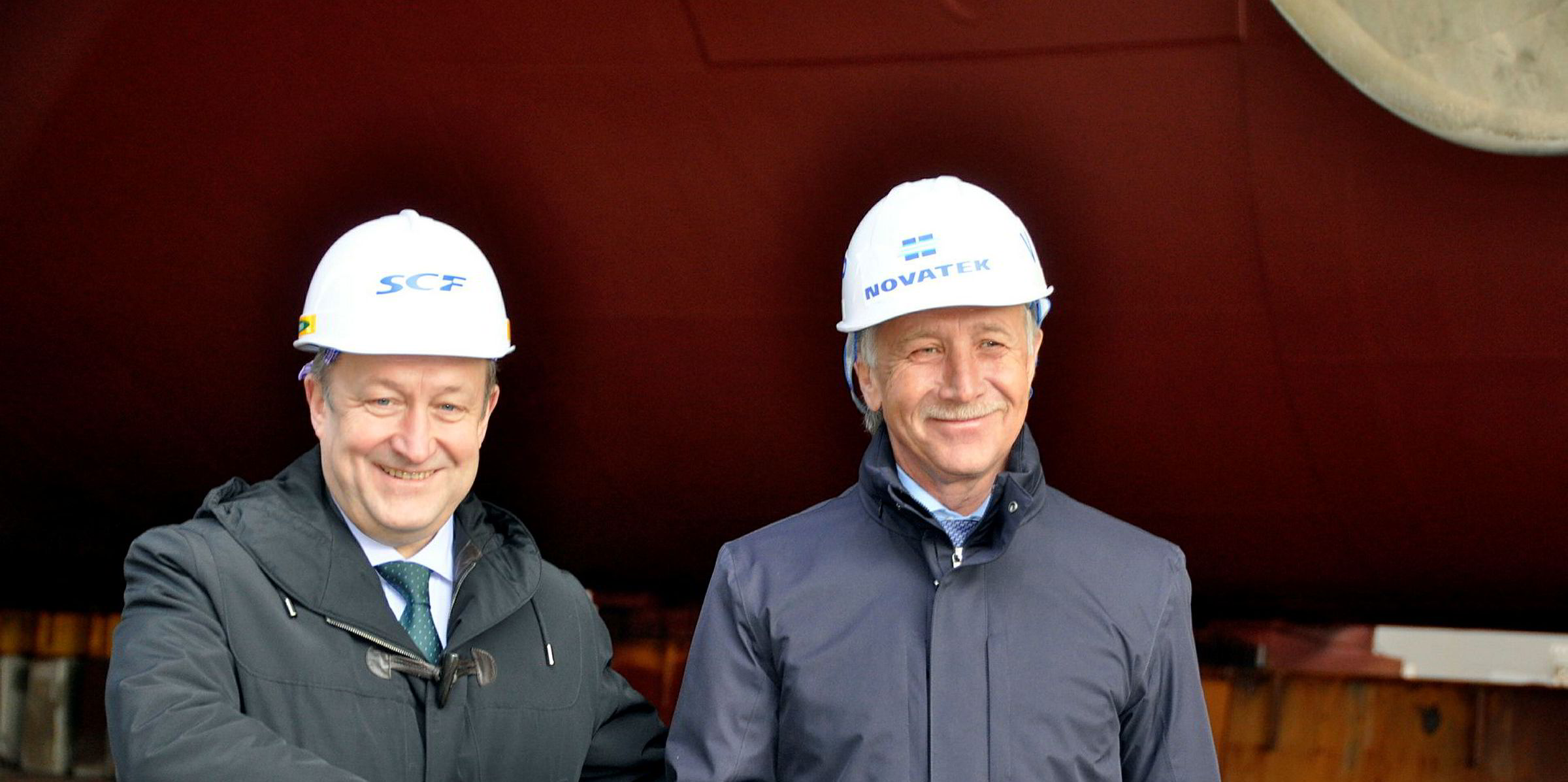Ask well-informed consumers of world news who rules the waves these days, and they are likely to refer you to coverage of recent events in the waters off China.
The East China and South China Seas, including some of the world’s most crowded and commercially productive seaways, are increasingly becoming a stage for confrontational naval theatrics starring destroyers, coastguard gunships and even the odd aircraft carrier.
Last week saw a near miss between Russian and US warships playing a game of chicken in an encounter similar to previous US-Chinese standoffs during American “freedom of navigation operations” in the South China Sea.
Sea power
Then this week in the East China Sea, a five-ship Chinese group including the country’s sole completed aircraft carrier, the Liaoning, sailed ostentatiously (but quite legally) between Japan’s Okinawa Prefecture and an island claimed by both Japan and China.
Those are the headlines we read about China’s growth as a global sea power, which will continue to hold the attention of a world dubious about Beijing’s intentions, and that of patriotic mainland Chinese citizens eager to see their nation take its rightful place on the world stage.
But these naval theatrics are distracting the public eye as China pursues a more significant peaceful campaign to project its sea power in merchant shipping.

The newest manifestations of the Belt and Road Initiative — Communist Party general secretary Xi Jinping’s soft-power campaign to assert China’s interests as a trade and finance superpower — have been in the Arctic. Last week in St Petersburg, Sovcomflot (SCF Group)’s Sergey Frank and China Cosco Shipping’s Xu Lirong put official ink on their cooperation in the Northeast Passage — or, as Russia calls it, the Northern Sea Route.
China is now describing it as a “Silk Road on the Ice”.
In the four-sided Maritime Arctic Transport consortium, Sovcomflot and Cosco will partner Russian gas giant Novatek and China’s Silk Road Fund as manager of the ever-growing icebreaking LNG carrier fleet that serves Russia’s Yamal LNG and will serve its follow-up, Arctic LNG 2.
Whether or not the tie-up sees Cosco buy a big stake in Sovcomflot, as many expect, it will give China a solid platform for its involvement in Arctic gas development, where it already occupies several seats at the table as customer, shipbuilder and financier.
Chinese shipping is in the process of accomplishing something Chinese diplomacy has been trying to do for years with mixed success: win a voice in multilateral Arctic policymaking
Cosco Shipping Specialized Carriers has also become a key Arctic player in the past few years, using its role in delivering components for the construction of Yamal LNG to assemble a set of ice-class skills that is probably unique.
It has also progressively built up an annual Far East to Europe multipurpose general cargo semi-liner trade as the polar ice thins.
Sino-Russian alliance
In gas and in specialised dry cargo, China’s advances in Arctic shipping enjoy crucial practical support from Russia, whose support Beijing can call on in the form of shoreside and seagoing infrastructure, including bunkering and towing assets.
None of this is merely business development. Cosco and the other Chinese players can count on Beijing’s attentive political support at the very highest level as they build the Silk Road on Ice.
That is because Chinese shipping is in the process of accomplishing something Beijing's diplomacy has been trying to do for years with mixed success: win a voice in multilateral Arctic policymaking.
In 2013, China inveigled itself observer status at the Arctic Council, a policy roundtable whose members are the eight countries with territory inside the Arctic Circle: Russia, Canada, the US, Denmark (which includes Greenland), Iceland, Norway, Finland and Sweden. The council is the highest organ for discussing non-defence matters among the eight states. China is the only one with no Arctic territory.
Despite being allowed an observer’s place at the Arctic table, China has clearly felt it deserves more and has sought to court individual members’ support, while their peers have remained embarrassingly content to keep China in its current role.
Soon, however, China as the key provider and user of Arctic transport may become impossible to freeze out any longer.





